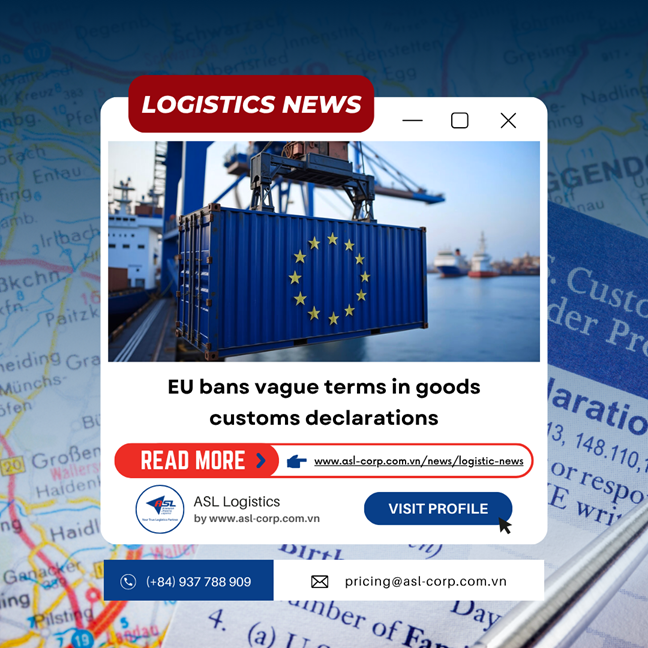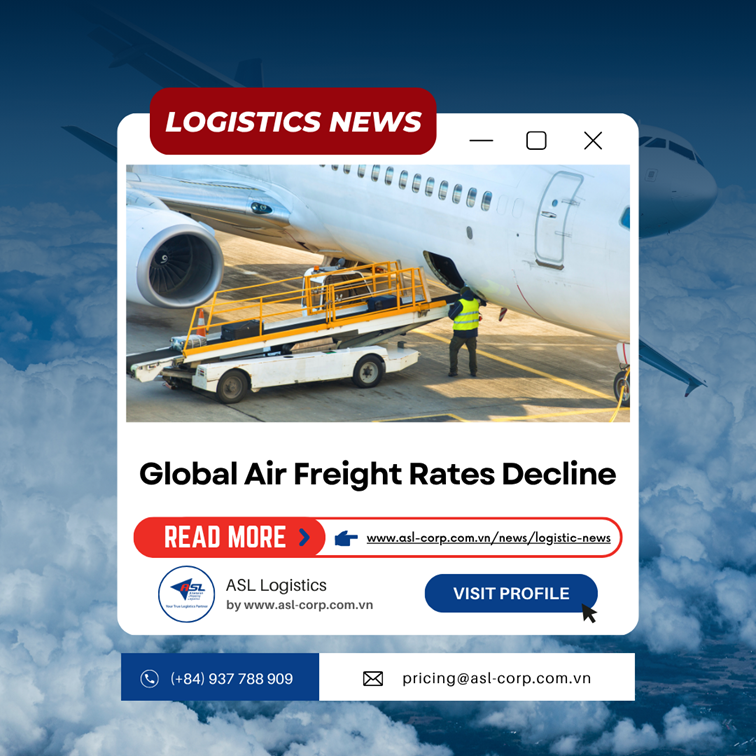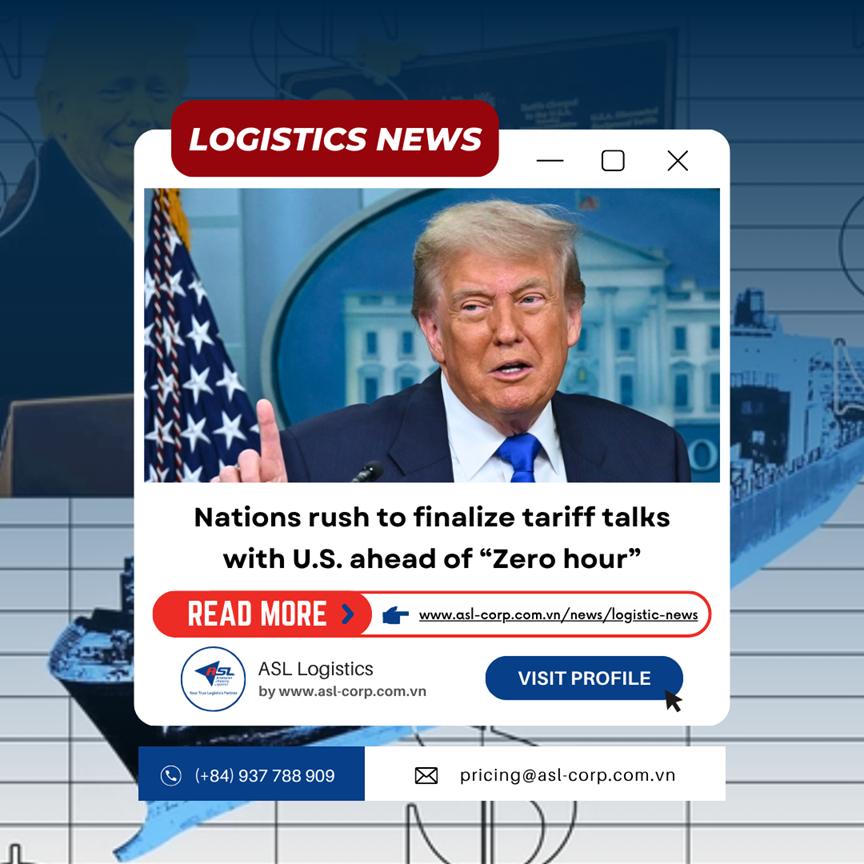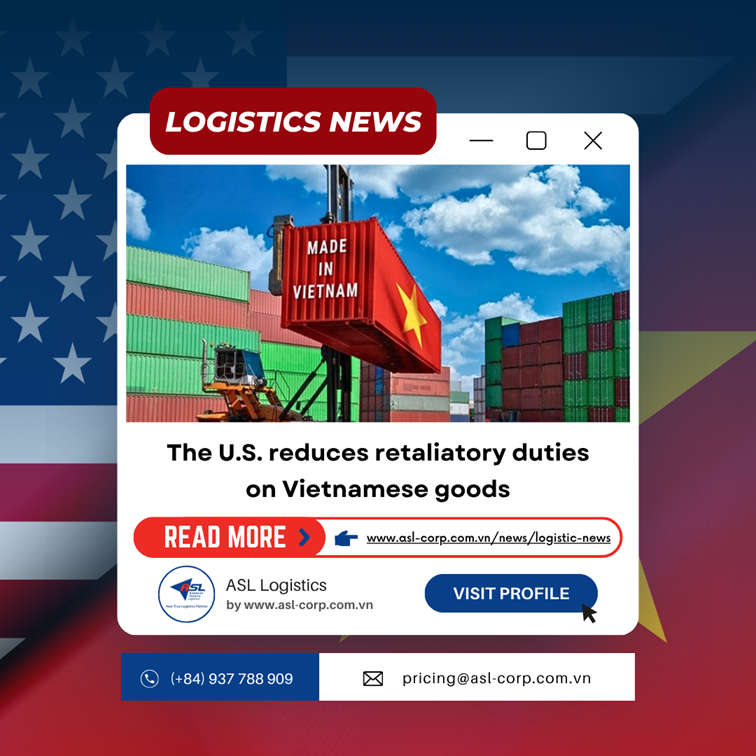Logistic News
PLENTY OF ROOM TO EXPORT PEPPER TO THE EU
09 August 2023
The EU is a high-segment market, products exported to the EU have high added value. Therefore, there is much potential to increase pepper exports to this market.
According to a report of the Vietnam Pepper and Spice Association, by the end of June, Vietnam has exported 153,000 tons of pepper of all kinds, reaching a turnover of 486 million USD. Compared to the same period last year, export volume increased by 22% but turnover decreased by nearly 15%, equivalent to 82 million USD. The average export price decreased from 800 to 1000 USD / ton. Accordingly, the average export price of black pepper was 3,484 USD/ton, down 879 USD/ton; and white pepper was 5,011 USD/ton, down 1,070 USD/ton.
In terms of market, apart from China, most of the main export markets declined. Ms. Hoang Thi Lien - Chairwoman of the Vietnam Pepper and Spice Association said that for the EU market alone, the EVFTA Agreement signed on August 1, 2020 has allowed the application of 0% tax rate for tariff lines on pepper and spices. Despite this, exports and market expansion are still not commensurate with the potential.
Statistics show that in 2021, pepper exports to the EU market reached 48,040 tons, up 10.8% compared to 2020. Vietnam's pepper market share in the EU market also increased from 15.1% in 2020 to 18.2% in 2021. However, entering 2022, pepper exports to this market decreased to 39,762 tons, accounting for 17.1% of the pepper market share in the EU market. In the first 6 months of this year, pepper exports to the EU reached 4,316 tons, while the total amount of pepper exported to markets was 153 thousand tons.
Explaining this decline, Ms. Lien said, due to the impact of the Covid pandemic, the conflict between Russia and Ukraine caused the world economy to face many difficulties and demand declined sharply.

However, according to Ms. Hoang Thi Lien, the EU is still a potential market for pepper exports. "The EU itself is a high-segment market. Products exported to this market are deep-processed products with high added value. Therefore, the potential and opportunities to increase exports to this market are still many", Ms. Lien shared.
However, to take advantage of these opportunities, the pepper industry must move towards sustainable production. Ms. Tran Nhu Trang – Specialist of the Swiss Import Promotion Program (SIPPO) said that more and more European consumers are demanding certificates that ensure products are sustainable.
Recently, EU market requirements and regulations on non-tariff barriers continue to increase and become increasingly strict. The market has also continuously warned about pesticide residues as well as increased frequency of control and tightened regulation of MRLs for food in general, including spices in Vietnam.
In fact, the results of analysis and testing of pepper samples collected in 2021 and 2022 have found that some banned substances still appear. Most pepper samples were contaminated with active ingredients related to the control of pests and fungi on pepper plants. In which, some active ingredients have been removed by Vietnam but still appear in pepper such as Carbendazim and Chlorpyrifos Ethyl. This is very worrying if people continue to take banned drugs to care for pepper.
Looking at this issue, Ms. Hoang Thi Lien said that with the EU market, all must follow rules, regulations and regulations on quality. Indicators of pesticide residues we absolutely must comply with. Currently, the EU has issued more than 500 MRL criteria and more and more new criteria are issued. The following criteria are becoming more and more difficult and strict. At the same time, the area of active ingredients allowed to regulate the inventory is also wider. This affects the cultivated area of farmers.
Therefore, it is necessary to cooperate between businesses, people, associations, intermediaries and state agencies to be able to mobilize actors throughout the supply chain to participate. From there, it helps to increase the competitive advantage of pepper in the world market.
According to Ms. Lien, at present, it can be said that compared to Brazil, Vietnam still retains its immediate advantages, but in the long run, it is necessary to continue to improve quality, exploit different market segments because the EU constantly updates and strengthens the application of sanitary and quarantine measures, green growth and sustainable development criteria for imported agricultural products. Therefore, in addition to price competitive advantages, Vietnamese enterprises need to aim to compete by satisfying strict requirements and criteria from the EU to maintain their position and at the same time participate more deeply in other markets.
To do this, businesses can consider from an overall perspective such as improving factories and processing facilities, production processes; product diversification; Update market information including tariff incentives, quarantine and food safety requirements, technical barriers, rules of origin, green growth criteria. It should be noted that throughout the value chain, production stages must be risk-guarded, traceability, and labels of products must be open and transparent.
"Currently, Vietnam's spice industry ranks first in the world in terms of world spice supply. And the world market needs our raw materials. Only if we increase the time to adapt to the market in a faster, better, more sustainable, more diverse way, the profits of people will be higher", Ms. Lien emphasized.
Source: congthuong.vn

Head Office
ASL Hồ Chí Minh
Số 31/34A Ung Văn Khiêm, Phường Thạnh Mỹ Tây, TP. Hồ Chí Minh, Việt Nam
 Công Ty Cổ Phần Giao Nhận Vận Tải Mỹ Á
Công Ty Cổ Phần Giao Nhận Vận Tải Mỹ Á
 (+84)28 3512 9759
(+84)28 3512 9759
 (+84)28 3512 9758
(+84)28 3512 9758
 pricing@asl-corp.com.vn
pricing@asl-corp.com.vn
 mdirector@asl-corp.com.vn
mdirector@asl-corp.com.vn
 www.asl-corp.com.vn
www.asl-corp.com.vn
LOGISTICS SERVICES











.png)
.png)

.png)




